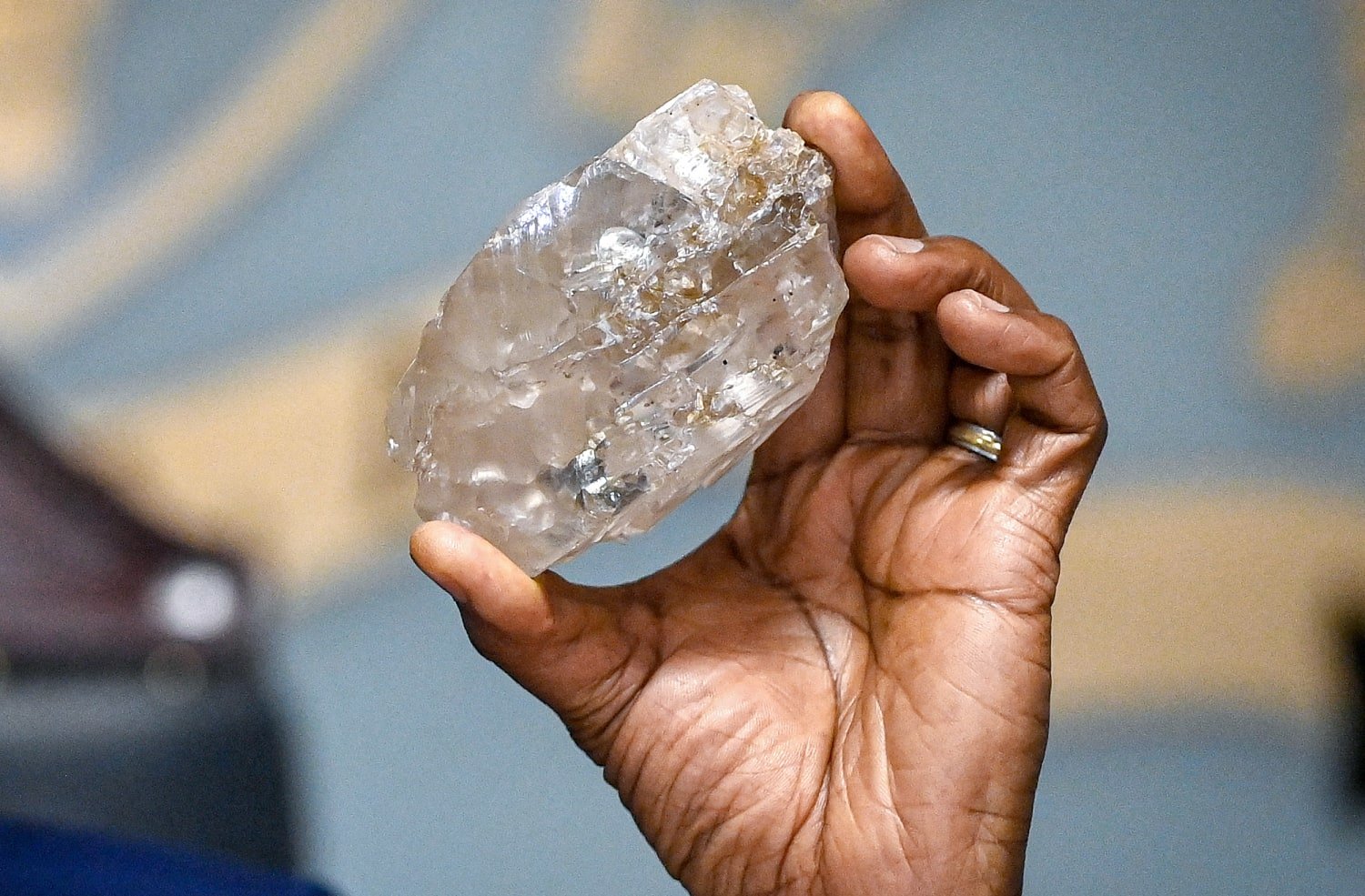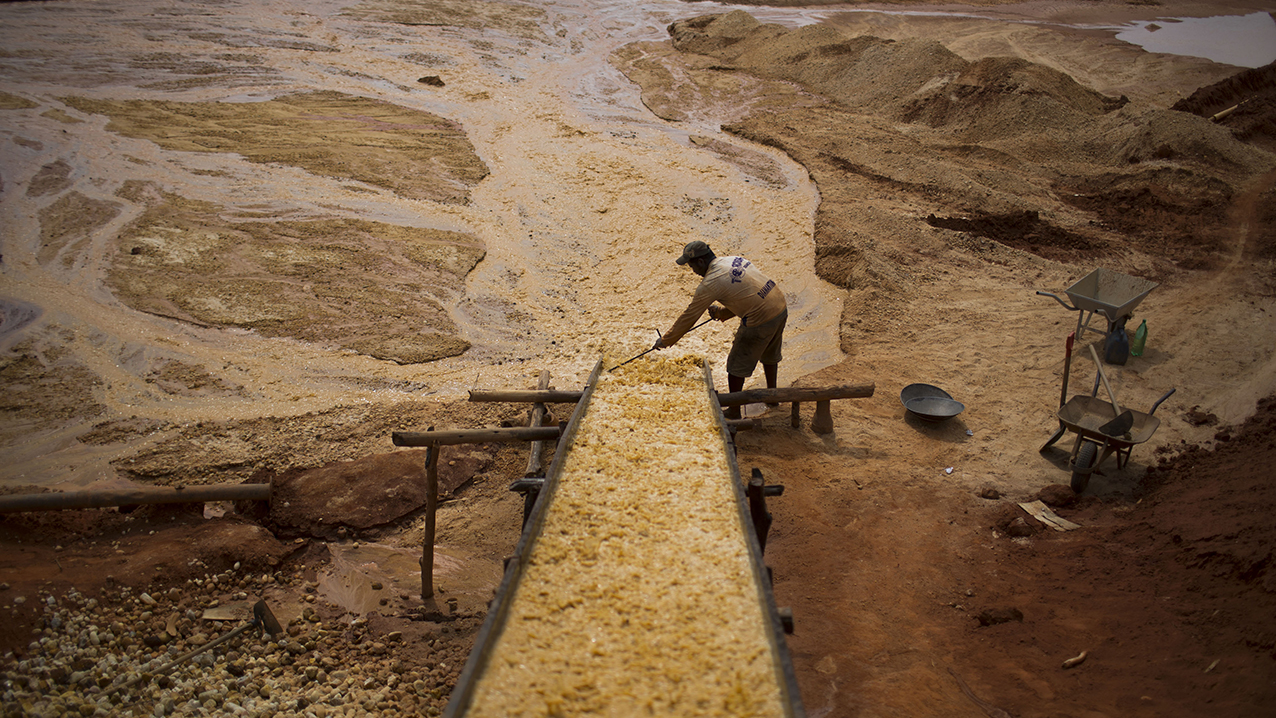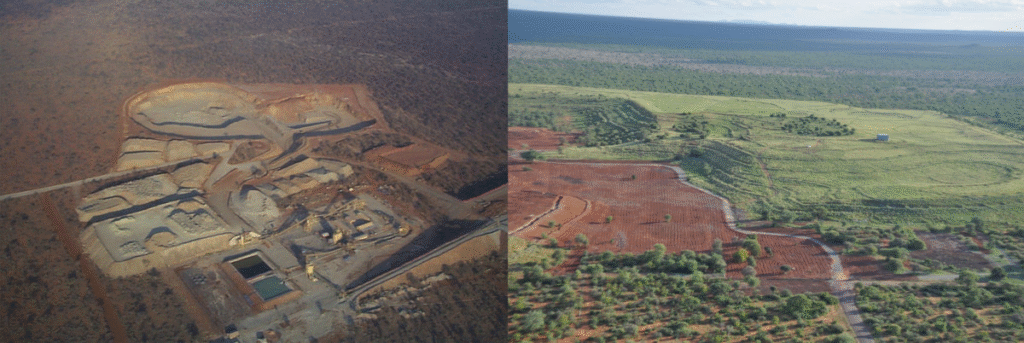Diamond Mining in Africa

Africa is home to some of the world’s most significant diamond deposits, with countries like Botswana, Angola, the Democratic Republic of the Congo (DRC), and Namibia playing key roles in the global diamond trade. For decades, diamond mining has shaped economies, fueled conflicts, and sparked debates about ethics, sustainability, and human rights. While diamonds have brought wealth and development to many regions, they have also been linked to corruption, environmental degradation, and so-called “blood diamonds.”
The Economic Power of African Diamonds
Diamonds are one of Africa’s most valuable exports, contributing billions of dollars to national economies. Botswana, for example, is one of the world’s largest diamond producers and has used its diamond revenues to fund infrastructure, education, and healthcare. Similarly, Angola and the DRC have large-scale diamond industries that support millions of people through direct employment and indirect economic activity.
However, not all diamond-producing countries benefit equally. In some cases, a small elite controls the industry while local communities see little of the profits. This has led to calls for better governance, transparency, and fair distribution of diamond-related revenues.

The Dark Side of Diamond Mining
The term “blood diamonds” refers to gems mined in war zones and sold to finance armed conflict. In the 1990s and early 2000s, diamond mining in countries like Sierra Leone, Liberia, and the DRC was closely tied to civil wars and human rights abuses. These conflicts were often fueled by the illegal trade of rough diamonds, leading to international efforts such as the Kimberley Process Certification Scheme to prevent the trade of conflict diamonds.
Despite these efforts, challenges remain. Artisanal and small-scale mining (ASM) continues to be a major source of income for many in Africa, but it is often unregulated and prone to exploitation.

Environmental and Social Impacts
Diamond mining can have serious environmental consequences, including deforestation, soil erosion, and water pollution. Open-pit and underground mining operations can disrupt ecosystems and displace local communities. However, many mining companies are now adopting more sustainable practices, investing in reforestation, and working with local communities to ensure long-term benefits.
Socially, diamond mining can bring both opportunities and challenges. While it creates jobs and supports local economies, it can also lead to inequality, health issues, and displacement if not managed responsibly.

FAQs
Q: Which African country produces the most diamonds?
A: Botswana is the largest producer of diamonds in Africa, followed by the Democratic Republic of the Congo (DRC).
Q: What are “blood diamonds”?
A: Blood diamonds are diamonds that are mined in war zones and used to fund armed conflict, often leading to human rights abuses.
Q: Are there ethical diamond sources in Africa?
A: Yes, many African countries now participate in the Kimberley Process, which ensures that diamonds are conflict-free and ethically sourced.
Q: How does diamond mining affect local communities?
A: Diamond mining can provide jobs and economic growth, but it can also lead to environmental damage, health risks, and social inequality if not properly managed.

